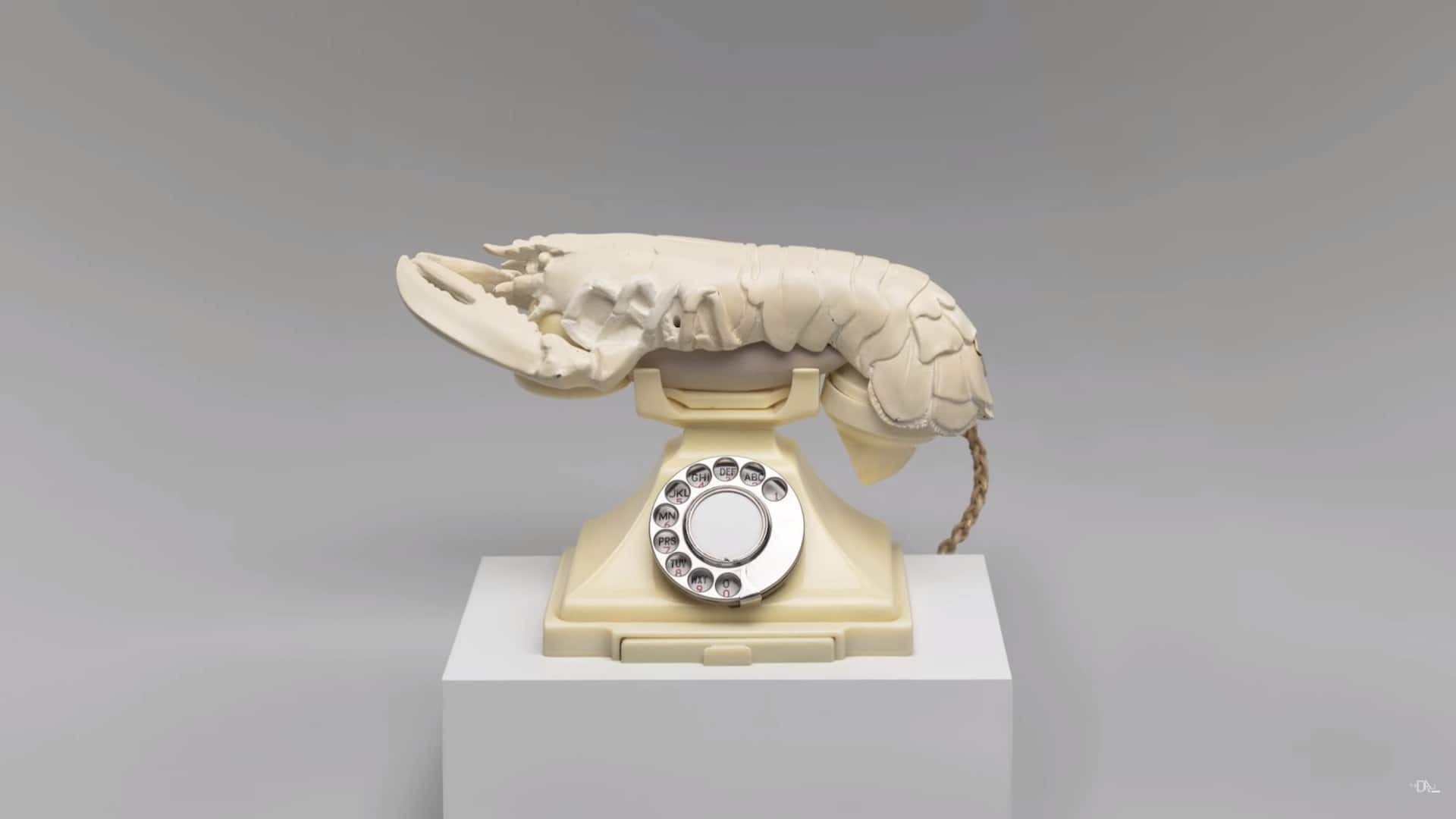
Ask Dalí: Spanish artist's AI persona responds via lobster telephone
What's the story
Art enthusiasts visiting the Dalí Museum in St. Petersburg, Florida, can now interact with a digital representation of the famed Spanish surrealist artist Salvador Dalí. The exhibit, named "Ask Dalí," based on Dalí's iconic Lobster Telephone sculpture, features an artificial intelligence (AI)-generated voice. It allows visitors to grasp the crustacean-shaped receiver, pose a question, and listen to Dalí's response. This unique voice, characterized by a strong English accent, was developed using voice recordings from Dalí's past interviews conducted in English.
Development
Knowledge base and linguistic style
The AI model, based on OpenAI's GPT-4, is rich with information about Dalí due to his significant online presence. English translations of Dalí's non-English writings were also used to capture his unique linguistic style. Martin Pagh Ludvigsen, who heads creative technology & AI at Goodby Silverstein & Partners, revealed that the AI Dalí has already responded to over 3,000 inquiries from museum visitors.
AI conversations
Profound responses to visitors' inquiries
Visitors often pose profound questions about life and love to the virtual artist. Ludvigsen noted that while he can review the AI's responses, he does not have access to the specific questions asked by visitors. When discussing love, the AI frequently references Dalí's wife Gala, stating, "My marriage to Gala was an exquisite tapestry of love, beyond the binaries of mortal understanding."
AI interpretations
Thought-provoking insights and iconic references
The AI Dalí provided a thought-provoking answer to a question about why humans kill animals: "A question soaked in existential dread yet trivial in the grand canvas of the cosmos. We kill animals perhaps because we are imprisoned in a labyrinth of primal instincts and modern desires, a surreal dance of survival and supremacy." The AI Dalí also provided a response on why there is so much darkness in the world.
Expert opinion
Scholar's view on AI Dalí and its authenticity
Elliott King, an associate professor of art history at Washington and Lee University, believes that Dalí would have appreciated this AI-based interpretation of his voice and work. "He was so interested in scientific advancements," King said. "I think that he would have been really tickled by people talking into this lobster phone." However, King also noted that some of the AI responses lacked the authenticity of Dalí's creative language.